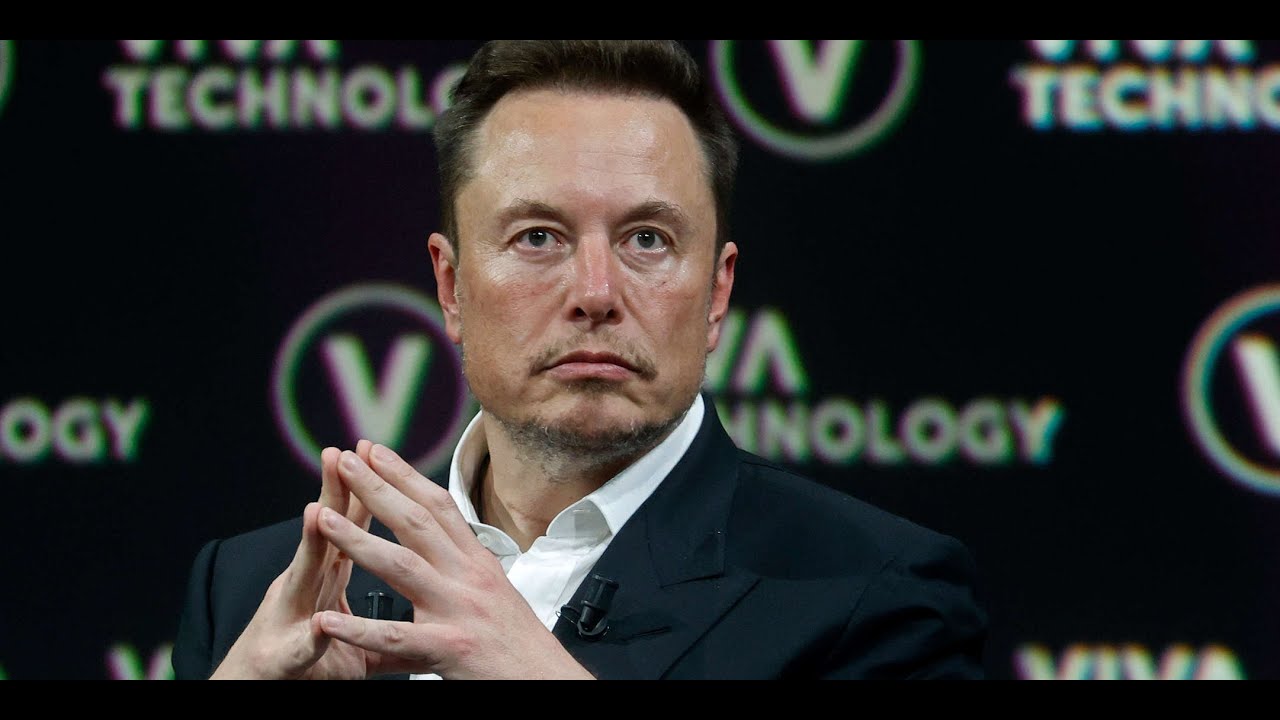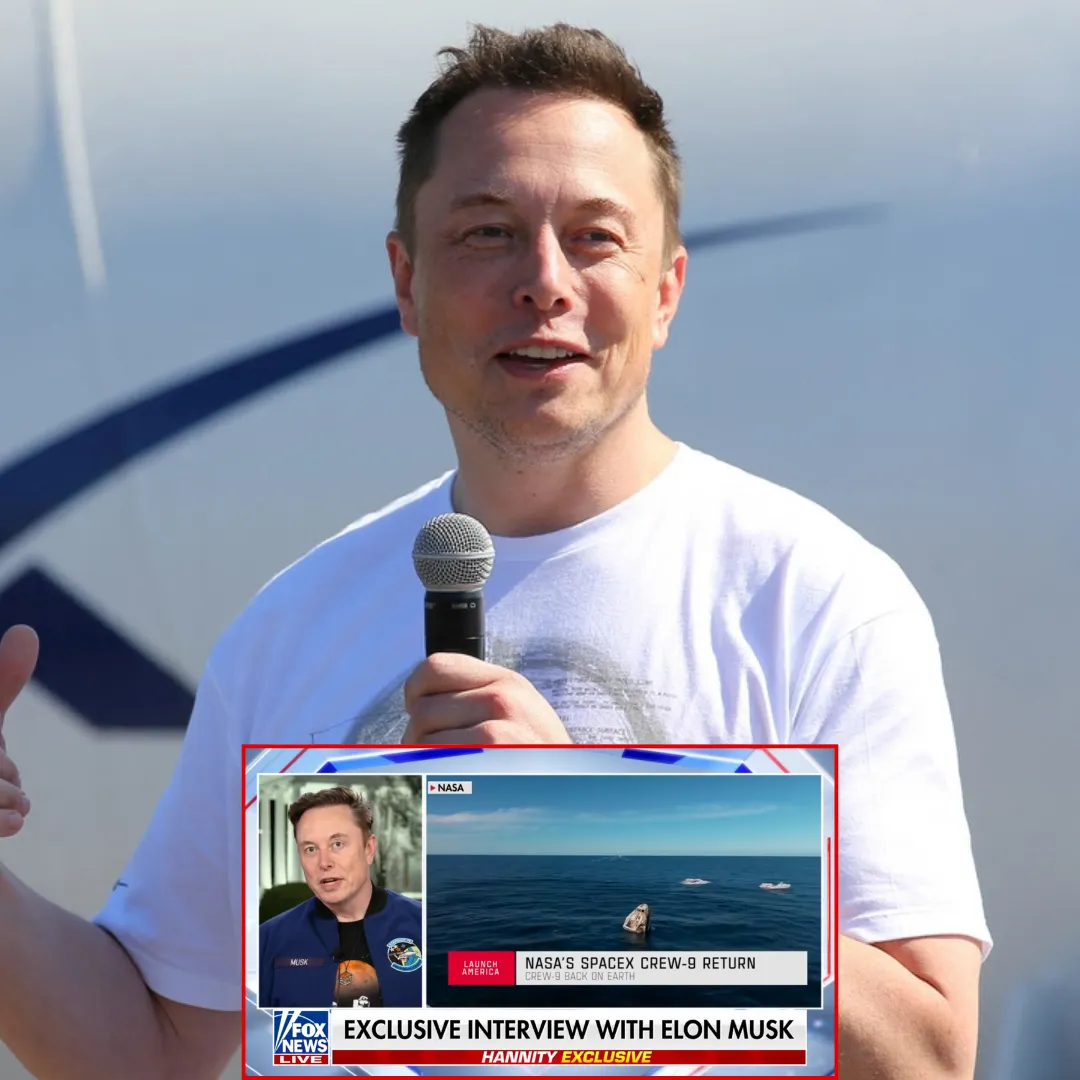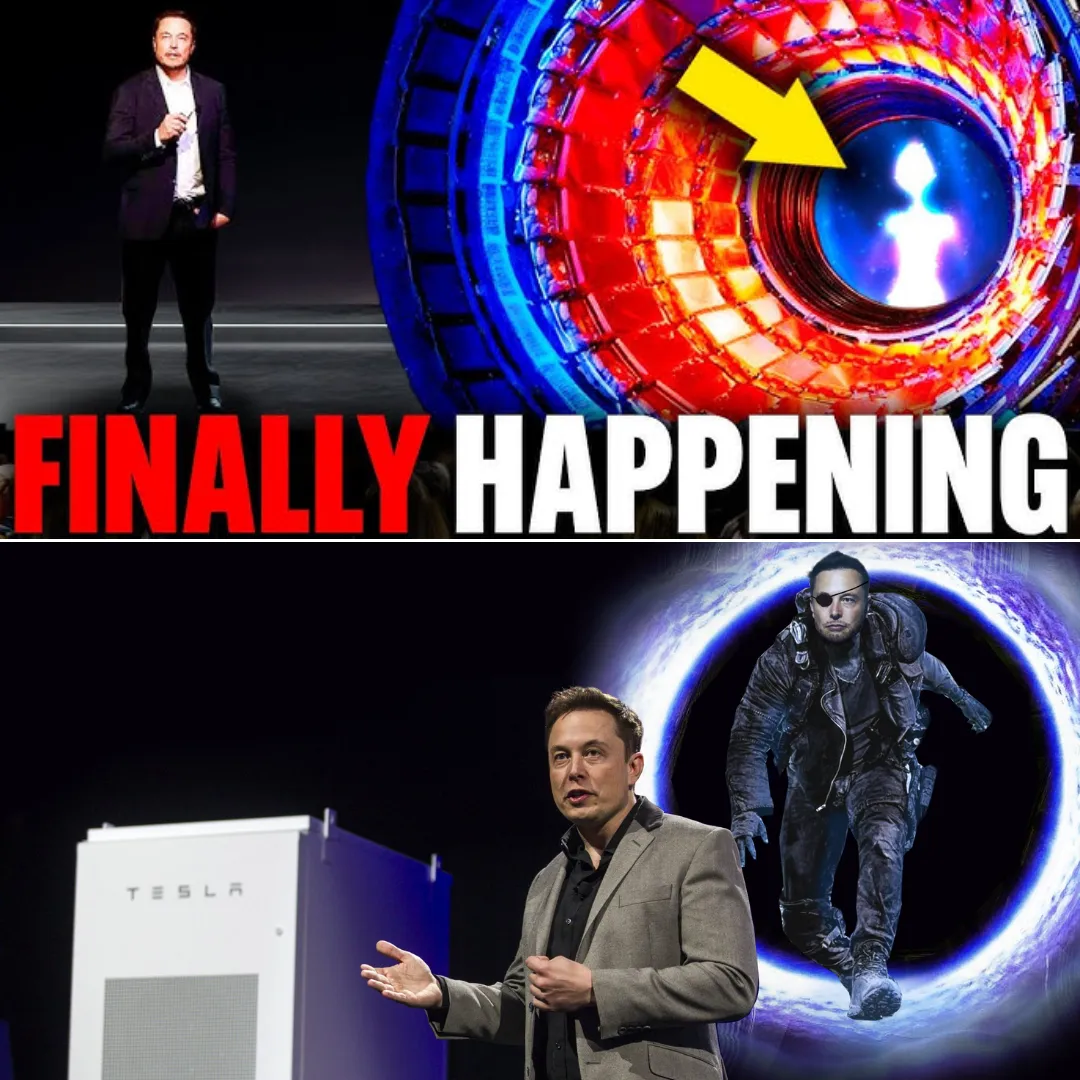
Tesla is once again at the center of a legal storm, this time facing a class-action lawsuit that claims the company manipulated odometer readings in its vehicles. The lawsuit, filed by Los Angeles resident Nyree Hinton, accuses Tesla of using its sophisticated technology to inflate vehicle mileage, causing consumers to lose out on warranty coverage and face unexpected repair costs.
Hinton's case highlights the potential ramifications of this alleged practice, raising serious questions about Tesla's transparency and consumer protection, as well as its commitment to ethical business practices.
The heart of the lawsuit centers around Hinton’s 2020 Tesla Model Y, which he purchased in December 2022 with 36,772 miles on the odometer. The lawsuit alleges that, within the next few months, the car’s odometer recorded an average of 72 miles per day, despite Hinton’s regular daily commute being around 20 miles.
According to Hinton, the inflated mileage readings led to the expiration of the vehicle's 50,000-mile warranty earlier than expected. This forced him to pay a $10,000 suspension repair bill, which Tesla allegedly refused to cover. The lawsuit claims that this type of manipulation of odometer readings is part of a larger pattern of behavior by Tesla designed to limit warranty obligations and pressure customers into purchasing extended warranties prematurely.
The lawsuit goes even further, arguing that Tesla's vehicles use sophisticated predictive algorithms and data analysis, including energy consumption and driver behavior, to artificially inflate mileage estimates. Tesla is accused of relying on these algorithms, which the plaintiffs argue lead to mileage readings that are 15% to 117% higher than actual distances traveled.

According to the legal complaint, these inflated readings not only undermine Tesla’s warranty commitments but also harm consumers by forcing them to pay for repairs that should be covered under warranty. Elon Musk, Tesla’s CEO, has strongly denied the allegations, dismissing the lawsuit as “idiotic” on the social media platform X, and implying that the claims were unfounded.
Despite Musk’s dismissive response, the lawsuit has drawn attention from legal experts, investors, and consumers alike, all of whom are concerned about the potential implications for Tesla’s reputation and financial future. Although Tesla has not issued a formal response beyond Musk’s comments, the case has sparked a broader conversation about transparency and consumer rights, particularly regarding the use of data and algorithms by companies in industries ranging from automotive to technology.
The legal action is the latest in a series of challenges that Tesla has faced in recent years, many of which revolve around allegations of deceptive business practices or concerns about the company’s ethical standards. These include accusations of inflating driving ranges, misleading consumers about vehicle performance, and even insider trading issues that have raised questions about Tesla’s management practices.
Given Tesla’s history of legal challenges, the current lawsuit could add more strain to the company’s brand and business, further testing the public’s trust in Musk’s leadership. Tesla’s stock has already faced significant volatility in 2025, with the company’s market value falling by 37% this year.
Although this lawsuit may not have an immediate financial impact on Tesla’s operations, it could contribute to the decline in investor confidence, especially if the case gains more media traction or leads to a protracted legal battle. Investors are particularly sensitive to any potential risk to Tesla’s reputation, as the company’s image has been a key driver of its stock price in recent years.

Musk’s leadership, once seen as a major asset to Tesla’s success, has been a source of both admiration and controversy, and this legal challenge could exacerbate existing concerns about his management style. The lawsuit has also raised broader questions about the role of tech companies in regulating their own data and ensuring transparency for consumers. Tesla, like many other tech-driven companies, relies heavily on data to power its products and services, including its fleet of electric vehicles.
As more companies move toward data-driven models, there is growing scrutiny over how this data is collected, used, and communicated to consumers. The Tesla case highlights the need for clearer regulations around the use of data in the automotive industry and how it impacts consumer rights, particularly when it comes to warranty coverage and repair costs.
As the legal process unfolds, the implications for Tesla could be far-reaching. If the lawsuit succeeds, it could set a precedent for future cases involving odometer manipulation and other deceptive business practices in the automotive industry. Tesla’s reputation as a leader in innovation could be severely damaged if it is found to be engaging in practices that harm consumers.
This would not only tarnish Tesla’s brand but also undermine Musk’s image as a visionary entrepreneur who seeks to disrupt traditional industries with cutting-edge technology. In addition to the legal and financial ramifications, the lawsuit could also impact Tesla’s relationships with regulatory bodies and government agencies. The company has already faced challenges with regulators in the past, particularly concerning safety standards and self-driving technologies.

A ruling in favor of the plaintiffs in the current case could lead to stricter oversight of Tesla’s operations and a reevaluation of its business practices by government agencies. This could create further challenges for the company as it seeks to expand its market share and solidify its position as a leader in the electric vehicle industry.
Tesla’s challenges in the face of this lawsuit are not isolated to the legal realm. The company’s market position is increasingly being threatened by rising competition from both traditional automakers and new electric vehicle startups. Companies like Ford, General Motors, and Rivian are quickly closing the gap in the electric vehicle space, while new entrants like Lucid Motors are gaining traction with consumers.
As the market becomes more saturated, Tesla will need to differentiate itself not only with its vehicles but also with its business practices, customer service, and commitment to ethical standards. The current lawsuit presents a critical test of Tesla’s ability to navigate these challenges and maintain its position as a market leader.
For Musk, the outcome of the lawsuit could have personal implications as well. His public persona, built on his image as a tech visionary and disruptor, is closely tied to the success of his companies. Any legal setbacks or negative publicity could tarnish Musk’s reputation and hinder his ability to attract investors, customers, and talent to his other ventures, including SpaceX and Neuralink.
The lawsuit underscores the complexities of managing multiple high-profile companies while maintaining public trust, particularly when faced with allegations of corporate misconduct. As Tesla’s legal battle unfolds, its ability to weather the storm will depend on how the company addresses both the immediate concerns raised by the lawsuit and the broader challenges it faces in a rapidly changing automotive and tech landscape.

For now, the company must focus on defending itself in court while also working to restore its reputation and rebuild consumer trust. If it succeeds, Tesla may emerge from this crisis stronger than before. However, if the lawsuit exposes deeper systemic issues within the company, the consequences could be much more severe.
In conclusion, the lawsuit accusing Tesla of manipulating odometer readings is more than just a legal matter. It represents a critical moment for the company, its leadership, and its future in the electric vehicle market. As Tesla navigates this challenge, its response to both the legal and public relations aspects of the case will shape its trajectory in the coming years.
The outcome of this lawsuit, and how Musk and his team choose to address the allegations, will have lasting implications for Tesla’s brand, its stock price, and its place in the automotive industry.
-1747995093-q80.webp)

-1743668601-q80.webp)
